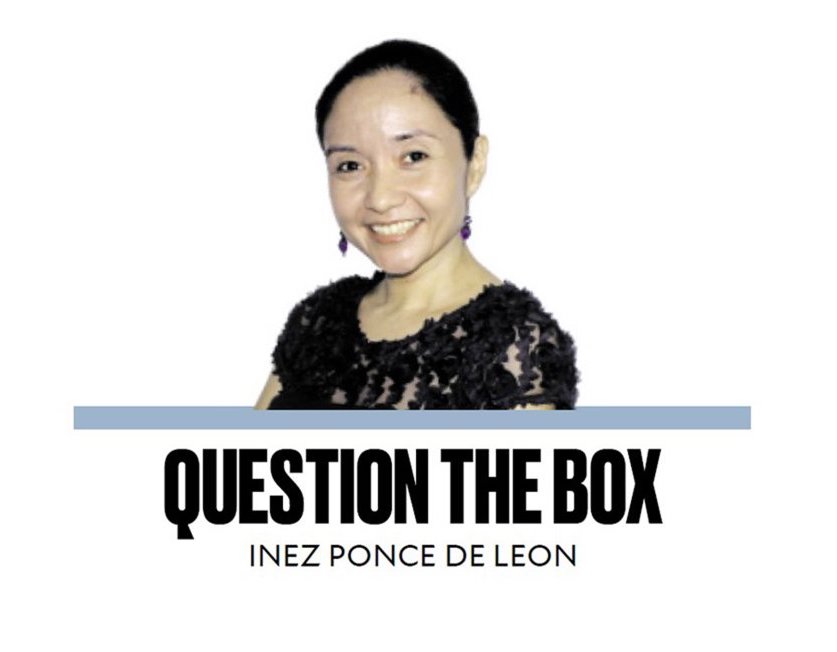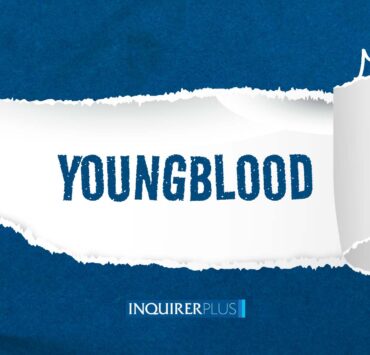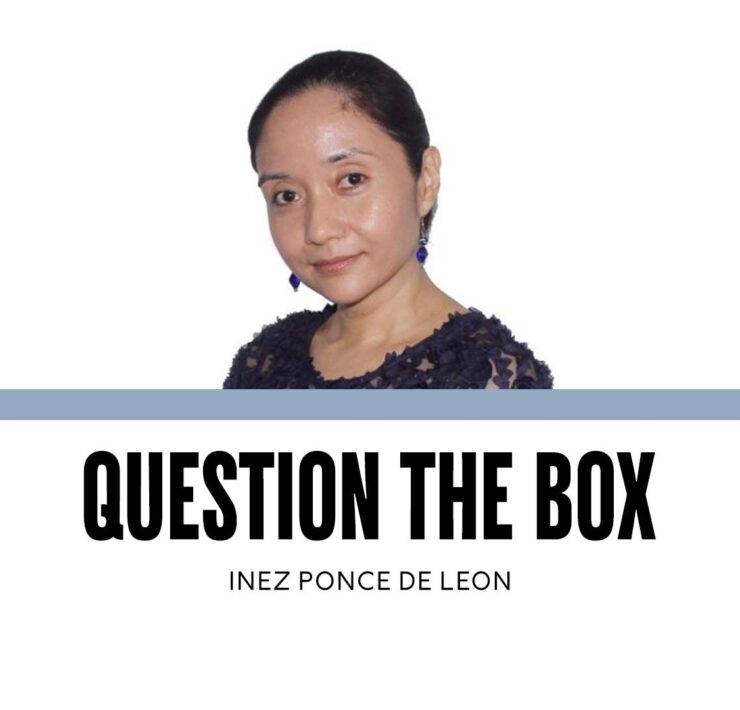A forthwith for the future

Last Saturday, I arrived home on an international flight as heavy rains poured into Metro Manila.
We were greeted with complications: we were 17th in line to land, and when we finally linked up to an elevated bridgeway, the seal was incomplete. A little waterfall began spilling puddles onto the plane’s floor. There were already rags laid down to soak up the water, but the flight attendants had to call maintenance personnel for more help. In response, they set up a makeshift gutter.
At the airport itself, what felt like convenience in other countries looked like tunnels of uncertainty paved with sweating, shrugging people. Immigration and baggage claim weren’t too bad; the piece de resistance was the chaos of the arrivals area.
There was no organization in the wide space, so people stopped anywhere they liked to look down at their phones or waited in corners that swelled into crowds, or stepped out onto the slippery floors of the sidewalk, where rolling luggage sent up splashes of rainwater.
If you wanted a ride through an app, you also had to go through another thick crowd of distracted people and wayward trolleys, until you reached a parking garage where there were numbered pickup spots, and even more people waiting in random piles of humanity.
Outside, the rains drummed; within was a mix of barkers, shouted conversations, and car engines all competing with the blare of rain alerts. It sounded as though the entire airport was about to collapse.
While most people will say “It’s the Philippines, you shouldn’t complain,” the airport is also the first point of entry for people who don’t know the country at all, or who have seen it only on promotional videos or TikTok shorts of our white sand beaches.
Instead of supporting the claim of a welcoming nation filled with genuine smiles, the airport shows a country of resigned grins, where we seemingly expect everyone to put up with band-aid solutions, as though we were always surrendering to the forces of nature and waiting for someone to either help us or praise us.
As I waited for a ride home, I remembered recent conversations we had at our department on the undergraduate thesis.
The thesis is a test of a student’s ability to draw on their knowledge, skills, and insights in order to contribute to their chosen field. The writing is a test of their logic; their defense is a test of their ability to think conceptually, which, in turn, is a test of how well they know their field when called upon to discuss it.
To push students through this difficult process is also a test of a thesis adviser’s mentorship.
Mentorship is not merely teaching: it is passing on habits and insights, a sharing of leadership styles. Advisers and students are partners: the students have to consolidate previous research, conceptualize their study, gather and analyze data, and write and defend their thesis; the adviser has to ensure that students are empowered through the process to do every task themselves.
The adviser does not enable bad behaviors in the name of (false) kindness. Instead, a good adviser and mentor will show students how to get past their anxieties, insecurities, and bad working habits so that they submit work indicative of discipline and rigor.
A good thesis is always a testament to students’ unwillingness to surrender to their weaknesses, their refusal to be defined by any illness or environmental constraint, their readiness to grow. The thesis is also a test of leadership: students must take the lead in their own lives, but they must also see themselves as people in constant flux, always getting better as they cope with a world that will not always bend to their demands or meet their expectations.
They need to examine everything carefully, whether contracts or documents, news or information so that they know what they’re getting into, what they’re doing, what compromises and resolutions they must make. They need to think systematically, to know how to adapt in the short term, but also plan for the long term.
And they need to see leaders not as people who oversee the present but plan for the future. A good mentor always teaches that all of life exists on a timeline that spans a past to be remembered and learned from, a present that must be dealt with, a future that should be prepared for.
There are no shortcuts. There are no easy ways out. Leadership is always for the next generation.
We need good leaders to ensure the continuity of good projects, and not just to surmount crises as they arise. We need good leaders who use their budget for the improvement of the country, not for the gains of non-existent employees.
We need people to prize and chase after rigor and righteousness, at all levels, in all spaces: whether it’s students who produce good theses, schools that churn out graduates of the highest caliber; whether it’s a government that implements people-centered systems for our physical infrastructure, or lawmakers who work to stamp out corruption forthwith, with no cheesy excuses.


















